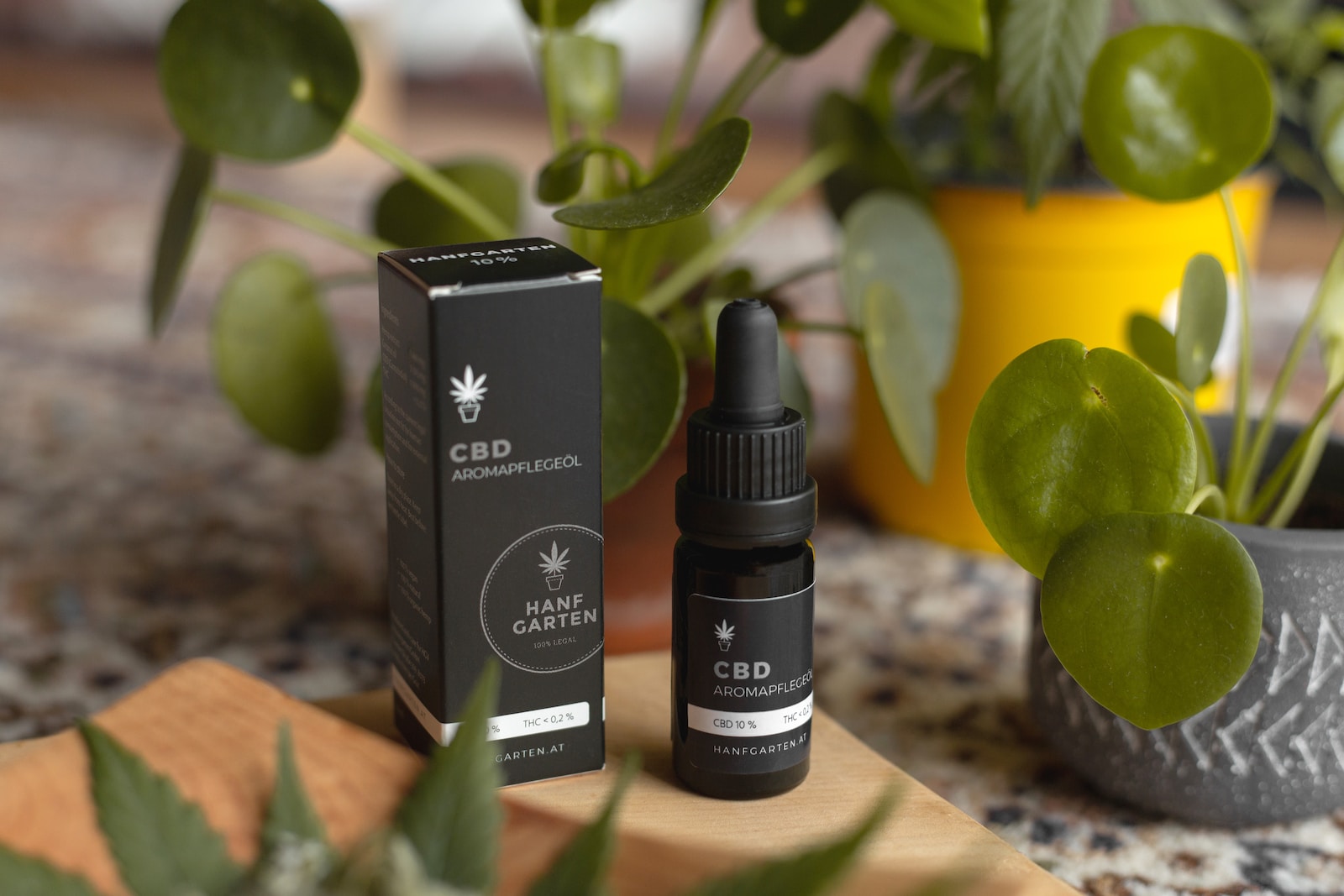In recent years, the world of health and wellness has been abuzz with discussions about CBD (cannabidiol), a naturally occurring compound found in the cannabis plant. With its potential to promote overall well-being, CBD has garnered significant attention from both researchers and individuals seeking alternative remedies. This article delves into the latest research surrounding CBD and its impact on health. From its potential benefits to its various applications, we’ll explore the scientific insights that shed light on the promising role CBD could play in enhancing our well-being.
CBD: What You Need to Know
Before we plunge into the depths of recent research, let’s begin with a foundational understanding of CBD.
CBD, or cannabidiol, is a non-intoxicating compound found in cannabis plants, primarily hemp. Unlike its counterpart THC (tetrahydrocannabinol), CBD doesn’t induce a “high” sensation. Instead, it interacts with the body’s endocannabinoid system—a complex network of receptors that helps regulate various physiological processes, including mood, sleep, pain perception, and immune function.
The Potential Benefits of CBD
Research into CBD’s potential benefits has gained momentum, shedding light on its versatile nature:
1. Pain Management and Inflammation
CBD’s interaction with endocannabinoid receptors has shown promise in managing pain and inflammation. A study published in the “European Journal of Pain” revealed that CBD-infused topical products could alleviate pain associated with conditions like arthritis.
2. Anxiety and Stress Reduction
Many individuals turn to CBD to alleviate anxiety and stress. A review published in “Neurotherapeutics” suggested that CBD might have anxiolytic effects, potentially reducing the symptoms of generalized anxiety disorder, social anxiety, and even PTSD.
3. Enhanced Sleep Quality
Sleep plays a vital role in our overall well-being. CBD might contribute to improved sleep quality, as indicated by a study in “The Permanente Journal.” Participants experienced better sleep scores within the first month of using CBD.
4. Neurological Conditions
CBD’s potential impact on neurological disorders like epilepsy has been a subject of interest. The FDA-approved CBD-based medication, Epidiolex, has shown efficacy in reducing seizure frequency in certain types of epilepsy.
Recent Research Insights
The past decade has witnessed a surge in CBD-focused research, offering valuable insights into its potential applications:
CBD’s Influence on Neurotransmitters
A study published in “Frontiers in Pharmacology” explored CBD’s impact on serotonin receptors, highlighting its potential role in managing mood disorders.
CBD and Anti-Inflammatory Effects
Research in “Bioorganic & Medicinal Chemistry” demonstrated CBD’s anti-inflammatory properties, indicating its potential in managing inflammatory conditions.
CBD’s Role in Skin Health
The “Journal of Clinical Investigation” featured research suggesting that CBD’s anti-inflammatory and sebum-reducing properties could benefit individuals dealing with skin conditions like acne.
CBD and Health: Dispelling Myths
In the realm of CBD and health, it’s crucial to address misconceptions that might cloud accurate understanding:
Myth: CBD Is Psychoactive
Reality: Unlike THC, CBD doesn’t induce a psychoactive high. Its non-intoxicating nature makes it suitable for various applications without altering one’s cognitive state.
Myth: CBD Is Addictive
Reality: CBD isn’t considered addictive. In fact, a report by the World Health Organization (WHO) states that CBD exhibits no potential for abuse or dependence.
Myth: CBD Has No Scientific Backing
Reality: The growing body of research, including preclinical and clinical studies, underscores CBD’s potential in various health aspects. While more research is needed, initial findings are promising.
Exploring CBD’s Diverse Applications
CBD’s versatility is evident in its diverse range of potential applications:
1. CBD Oil and Tinctures
CBD oil and tinctures are popular choices for individuals seeking general well-being. These products allow for precise dosing and are often consumed sublingually for faster effects.
2. Topical CBD
Creams, balms, and lotions infused with CBD offer localized relief for muscle soreness and joint discomfort.
3. CBD Edibles
From gummies to chocolates, CBD-infused edibles provide a tasty and discreet way to incorporate CBD into daily routines.
4. CBD and Fitness
Some enthusiasts explore CBD’s potential role in supporting exercise recovery and managing exercise-induced inflammation.
Addressing Common Questions
As curiosity about CBD and health continues to grow, so do questions. Here are answers to frequently asked questions:
Is CBD Legal?
Yes, CBD derived from hemp with less than 0.3% THC is legal in many parts of the world. However, it’s crucial to stay updated on local regulations.
Will CBD Make Me Feel High?
No, CBD is non-intoxicating and won’t induce a high. It’s THC—the psychoactive compound—that’s responsible for that sensation.
Can I Replace Prescription Medications with CBD?
It’s important to consult a healthcare professional before making any changes to prescribed medications. CBD should complement, not replace, medical advice.
How Long Does It Take to Experience CBD’s Effects?
The onset and duration of CBD’s effects vary depending on factors like dosage, consumption method, and individual metabolism. Some may experience effects within minutes, while others might take a few weeks.
Are There Any Side Effects?
While generally well-tolerated, CBD might cause side effects like dry mouth, diarrhea, or changes in appetite. These effects are typically mild and temporary.
Can I Give CBD to My Pet?
CBD pet products are available, but consult a veterinarian before administering them to your furry friend. Animals may have different sensitivities to CBD.
Conclusion: A Promising Frontier
As research on CBD and health advances, its potential benefits across various aspects of well-being continue to emerge. From pain management to mental health support, CBD’s versatility is captivating. However, it’s essential to approach CBD with accurate information and a discerning eye, as the market is still evolving and regulations vary. If you’re considering incorporating CBD into your wellness routine, consulting a healthcare professional is a prudent first step. The journey into the realm of CBD and health is marked by exploration, insights, and a hopeful outlook on the potential it holds.
